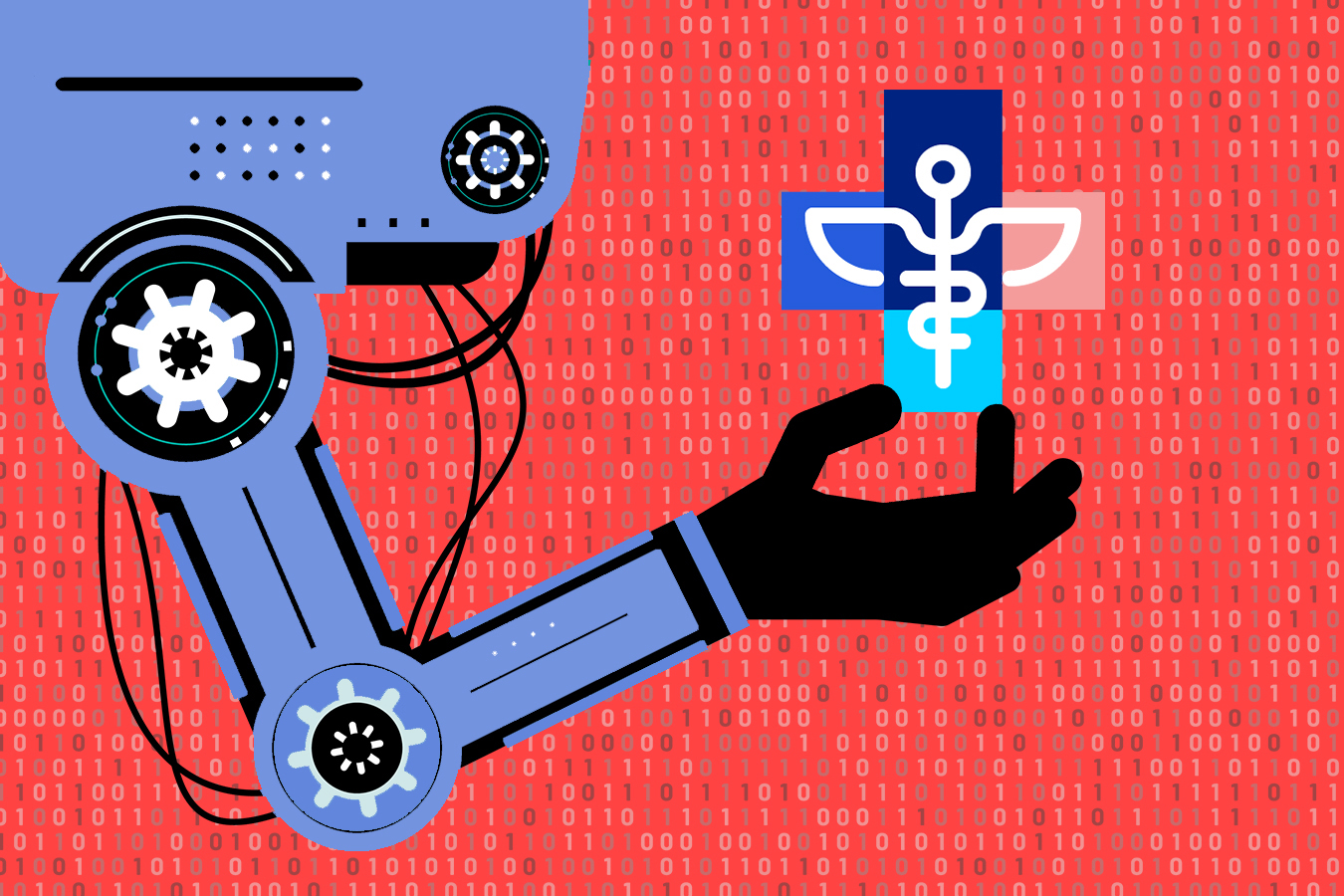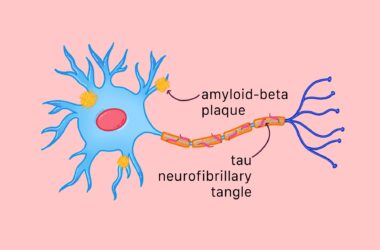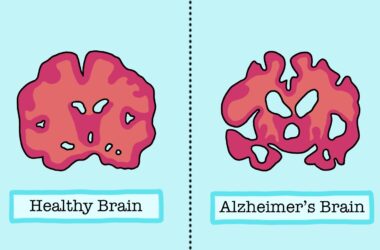Before Siri and Alexa, programmers created Eliza. Developed in 1964, Eliza was the first chatbot capable of recreating conversations between a psychotherapist and a patient. This chatbot pushed the boundaries of artificial intelligence (AI), a still-emerging field at the time, into the domain of health care. Despite researcher’s best efforts, the integration of AI into medicine was slow in the following decades. This slow progress accelerated, however, when the global COVID-19 pandemic challenged health care systems’ abilities to treat larger populations in need of immediate attention. AI-augmented care has emerged as the leading solution to efficiently manage patients and apply the ever-growing collection of data to diagnostic medicine.
Dr. Samira Rahimi, a professor in the Department of Family Medicine at McGill, is using AI to monitor senior residents in long term care (LTC) facilities in Montreal and Toronto. Her ongoing project, AiCoV19, funded by Roche Canada’s COVID-19 Open Innovation challenge, uses biosensors in smartwatches to continuously track potential COVID-19 symptoms in elderly patients.
“The goal is to integrate data from these sensors into an algorithm that can detect abnormalities in vital signs and predict an infection earlier,” Rahimi said in an interview with The McGill Tribune. “The biggest advantage of AI-based, real-time monitoring is how quickly a health care professional can be alerted upon detection of concerning signals.”
AI is often glorified as a solution to numerous problems, however it is not yet capable of spontaneous consciousness. Instead, AI learns within the algorithms it is given.
“What makes AI so powerful is its capacity to translate big data into an automated algorithm that captures complex relationships and trends,” Rahimi said.
One of the most challenging obstacles facing doctors and nurses on the front-lines of COVID-19 is the inability to process the magnitude of data constantly being collected and updated worldwide. Deep learning is a specialized category of AI that loosely resembles networks of neurons in an attempt to mimic human intelligence and complete tasks that require layers of information processing. AI has become the basis of multiple global tools being used to tackle the pandemic. One such tool was created by MIT data scientists to forecast infections and deaths. Leaving computers to the task of reading research papers on COVID-19 as well as collecting and predicting future trends provides physicians more time to look after patients.
With mounting evidence supporting the benefits of AI in diagnostic support, patient monitoring, and personalized care, its strongest proponents still wonder why it has yet to be embraced on a wider scale. The answer to that question is complex, but for many, this hesitation can be attributed to open debates surrounding the right to information security and the further questions of ethics that come with big data projects.
“Data access continues to be a barrier in AI adoption in health care,” Rahimi said. “AI project proposals undergo [a] rigorous process to seek approval. There is a lack of open-source data available to researchers, which is the most valuable asset for any developer. AI continues to be part of the few scientific fields where the practice of open-science is still heavily debated.”
Although the global pandemic has revealed the necessity of AI in health care, it is important to reflect on the long term opportunities for AI-augmentation in tackling health-related problems. According to the World Health Organization, the expected shortage of health care workers in North America is projected to exceed 14.5 million by 2030. Rahimi points out that the incorporation of AI technology can resolve some of these anticipated issues by expanding health care access, improving administrative efficiency, and providing insight into selecting the most appropriate treatment paths for each patient.










Very well written article.